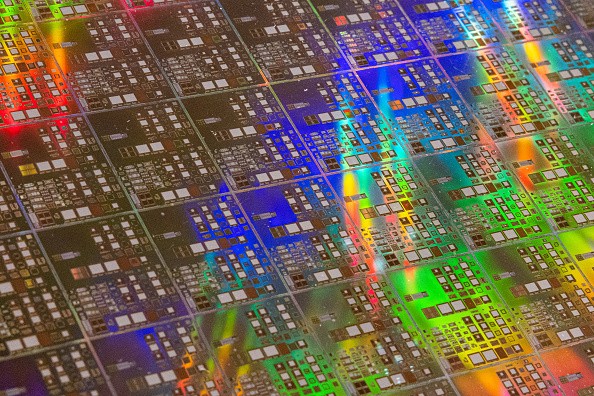On Aug. 9, 2022, the Biden Administration signed the CHIPS Act.

The U.S. government explained that the new Chips and Science Act will boost the semiconductor research, production, and development of the American nation.
"America invented the semiconductor, but today produces about 10 percent of the world's supply-and none of the most advanced chips," said the Biden Administration via its official fact sheet.
Because of this, the U.S. government wants to increase this percentage by unlocking more private sector semiconductor investments. However, this has some downsides as well.
Biden Admin's CHIPS Act Could Make Smartphones More Expensive
According to CNBC's latest report, the new CHIPS Act could lead to price hikes in chipmaking. Aside from SoCs, products that rely on chips could also become expensive.

Read also: Export Ban to Russia Now Includes Smartphones Over $300: US Department of Commerce Enforces
CFRA Research analyst, Angelo Zino, explained that the exact price changes would depend on how smartphone makers, such as Apple and Samsung, will adjust their designs, processes, and supply chains.
As of writing, chipsets cover a large area of the overall phone manufacturing costs of many tech firms. For example, around 54% of the $527 manufacturing cost of the iPhone 14 Plus is covered by semiconductors.
On the other hand, over $190 is used for the 5G modem and core app processor in the $618 manufacturing cost of the Samsung Galaxy S22 Plus.
As of press time, many telecom executives, such as Social Mobile CEO Robert Morcos, are concerned with the possible smartphone price hikes.
Morcos estimated that the chipset costs could lead to around a 40% price increase, which can also affect the costs of iPhones and Android smartphones.
Other Countries Concerned About CHIPS Act
Many countries already shared their concerns regarding the new CHIPS Act of the U.S. government. These include South Korea; SoKor's trade minister announced that they want to meet with U.S. counterparts before March ends.
Their meeting allows the South Korean government to express its concerns. If you want to learn more details about this upcoming meeting, you can click this link.
Other business tech stories we recently wrote:
Some U.S. lawmakers said they are concerned with the rise of AI. On the other hand, Xi Jinping shared his concern regarding China's battery market position.
For more news updates about the semiconductor industry and other tech sectors, always keep your tabs open here at TechTimes.
Related Article : China Lambasts Netherlands for Following US in Restricting Chip Access

![Apple Watch Series 10 [GPS 42mm]](https://d.techtimes.com/en/full/453899/apple-watch-series-10-gps-42mm.jpg?w=184&h=103&f=9fb3c2ea2db928c663d1d2eadbcb3e52)



